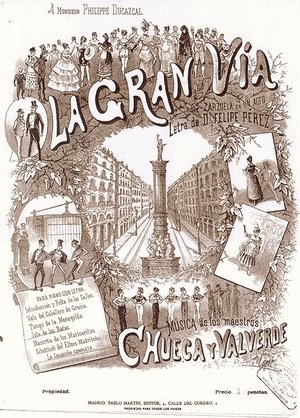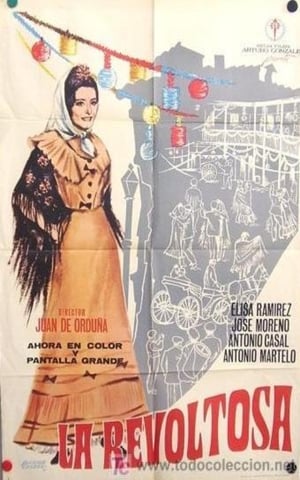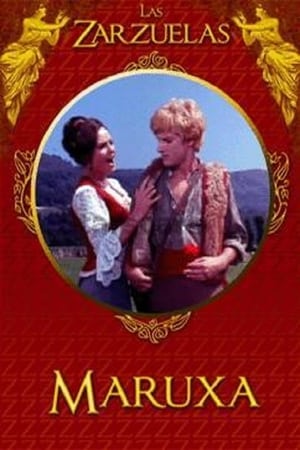La Gran Vía
Top 8 Billed Cast
Similar Movies
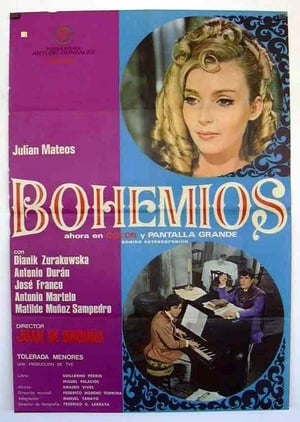 1.0
1.0Bohemians(es)
Paris 1900. Sharing a house in the Bohemian District are Roberto, a fledgling Musician, who is composing an Opera with his friend the poet Victor Duval; and the beautiful Cossette, daughter of a retired tenor, who goes up and down the stairs, taking advantage of Roberto's music to train her voice. The young bohemian musician does not know Cosette, but hears her sing daily. Instead, she's in love with Roberto and follows his steps as a composer.
 0.0
0.0Benamor(es)
Considered the greatest musical success of Pablo Luna's career, this operetta was released at the end of 1923 in El Teatro de la Zarzuela. Many consider it the best of his compositions, bolstered by an inspired and amusing libretto. After its premiere, it went on to be produced in Cuba, Mexico and continued its life cycle on stage until the 1950s.
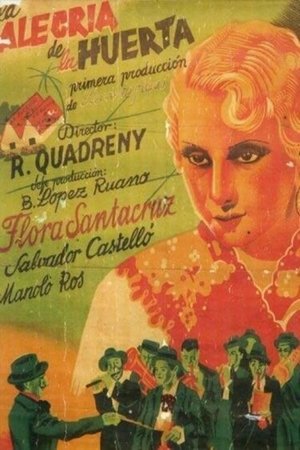 0.0
0.0La alegría de la huerta(es)
In Murcia, a southern province of Spain rich in fruits and vegetables parcels, a girl and a boy are in love but he is so shy that she accepts a rich competitor proposal. From the zarzuela of the same name.
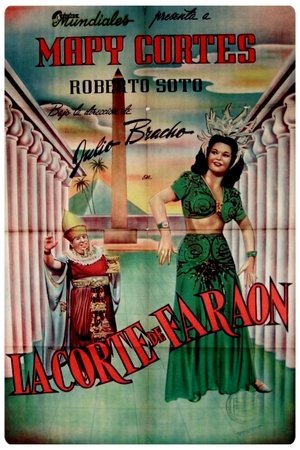 5.3
5.3The Pharaoh's Court(es)
The wise men of the kingdom interpret a dream of Pharaoh and decide that Putifar, a victorious general, should marry Lota, a virginal slave.
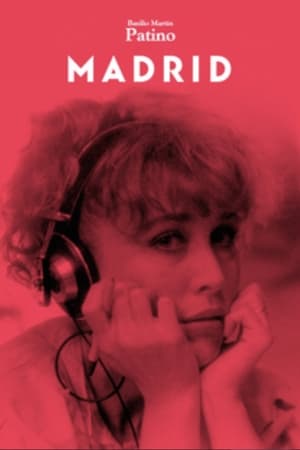 5.8
5.8Madrid(es)
Hans, a German director, is in Madrid to film a television production about the capital and the Civil War, 50 years after it occurred. Accompanied by Lucía, his editor, and Goyo, his cinematographer, he films shots of the modern city, searching for spaces and people related to its past. At the same time, he views materials related to the past. In this search, Hans questions the point of his project, and disagrees with his producers until he discovers a project that he is passionate about.
 4.5
4.5Gigantes y cabezudos(es)
Ricla, a village in Aragon, Spain, 1898. The imminent wedding between Jesús and Pilar, two young lovers, is frustrated when he is drafted to go to the war in Cuba.
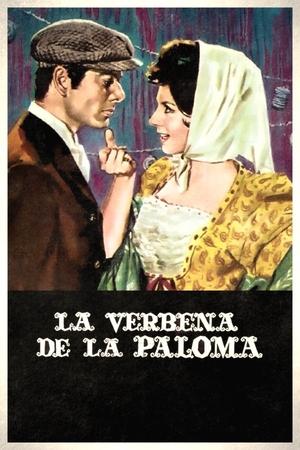 5.3
5.3The Fair of the Dove(es)
In Madrid, Spain, an omniscient narrator transforms Mari Loli and Merche, two beautiful sales clerks, into Susana and Casta, who flirt with Don Hilarión, an old apothecary, which arouses the jealousy of Julián, who is in love with Susana.
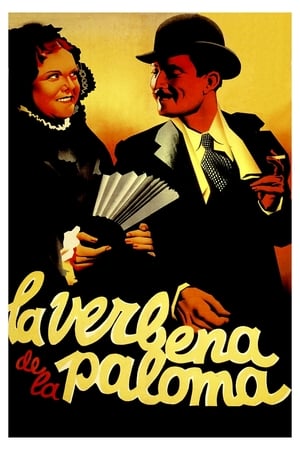 5.2
5.2La verbena de la Paloma(es)
A young printer's relationship with his girlfriend is in trouble after she accepts another suitor's invitation to the fair. This adaption of a popular operetta aims to please with a simple storyline and goofy slapstick.
 0.0
0.0La verbena de la paloma(es)
In Madrid, Spain, Susana's flirtations with the old apothecary Don Hilarión arouse the jealousy of Julián, Susana's boyfriend.
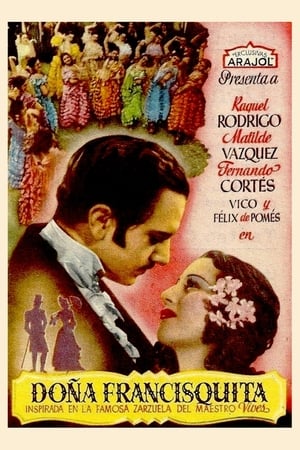 0.0
0.0Doña Francisquita(es)
The beautiful Francisquita is in love with Fernando, a student who aspires to become a poet; but he is infatuated with the very fiery actress Aurora la Beltrana, who is Lorenzo's lover.
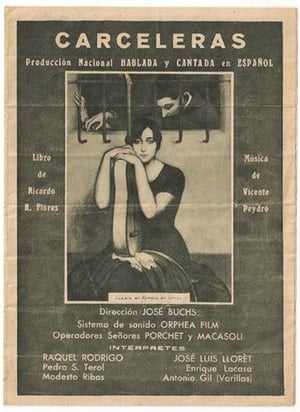 6.0
6.0Carceleras(es)
In a Cordovan farmhouse, Soledad arouses a passion in two men, which will be cause of misfortune for both when the boyfriend of the protagonist in a jealous attack kills the rival in his presence.
 5.0
5.0The Grace of Jake(en)
Ex-inmate and wandering musician Jake travels to a small town in Arkansas intent on exacting revenge from his father, but begins to unravel a complicated family history as he befriends the locals.
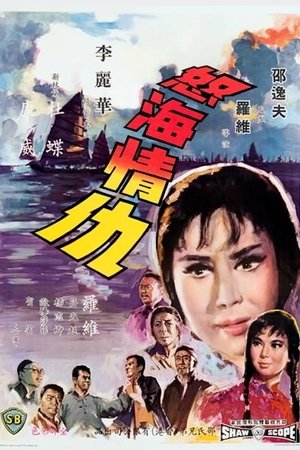 0.0
0.0Call of the Sea(zh)
The son of the town bully lusts after a local beauty in this action-filled thriller of the passions and violence to be found in a fishing village.
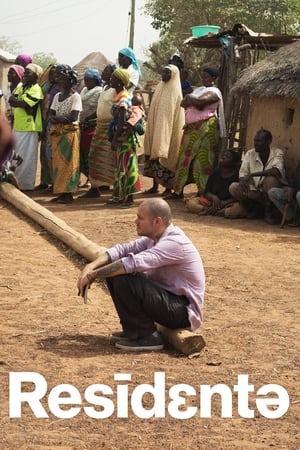 6.8
6.8Residente(en)
After taking a DNA test, Latin America's most decorated artist – René Pérez (AKA Residente) – embarks on a global adventure to trace the footsteps of his ancestors and record his latest album.
 3.0
3.0The Butterfly Ball and the Grasshopper's Feast(en)
A project assembled to musically support William Plomer's (1903-73) book of poems called 'The Butterfly Ball and Grasshoppers Feast'; in which Alan Aldridge had provided the illustrations. British Lion had secured the rights, and commissioned Glover, through Tony Edwards (the Deep Purple manager), to add the musical dimension that it required if it were to be made into a 26-part animated cartoon series, suitable for TV. (Discogs) This is the music video for the song Love Is All, performed by Ronnie James Dio.
 8.0
8.0Amadeus(en)
Disciplined Italian composer Antonio Salieri becomes consumed by jealousy and resentment towards the hedonistic and remarkably talented young Viennese composer Wolfgang Amadeus Mozart.
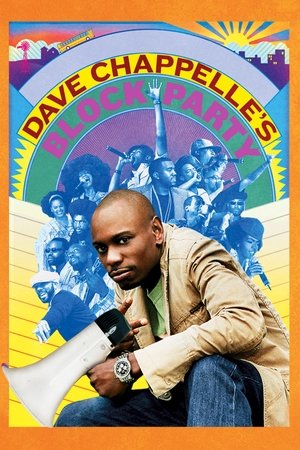 6.8
6.8Dave Chappelle's Block Party(en)
The American comedian/actor delivers a story about the alternative Hip Hop scene. A small town Ohio mans moves to Brooklyn, New York, to throw an unprecedented block party.
